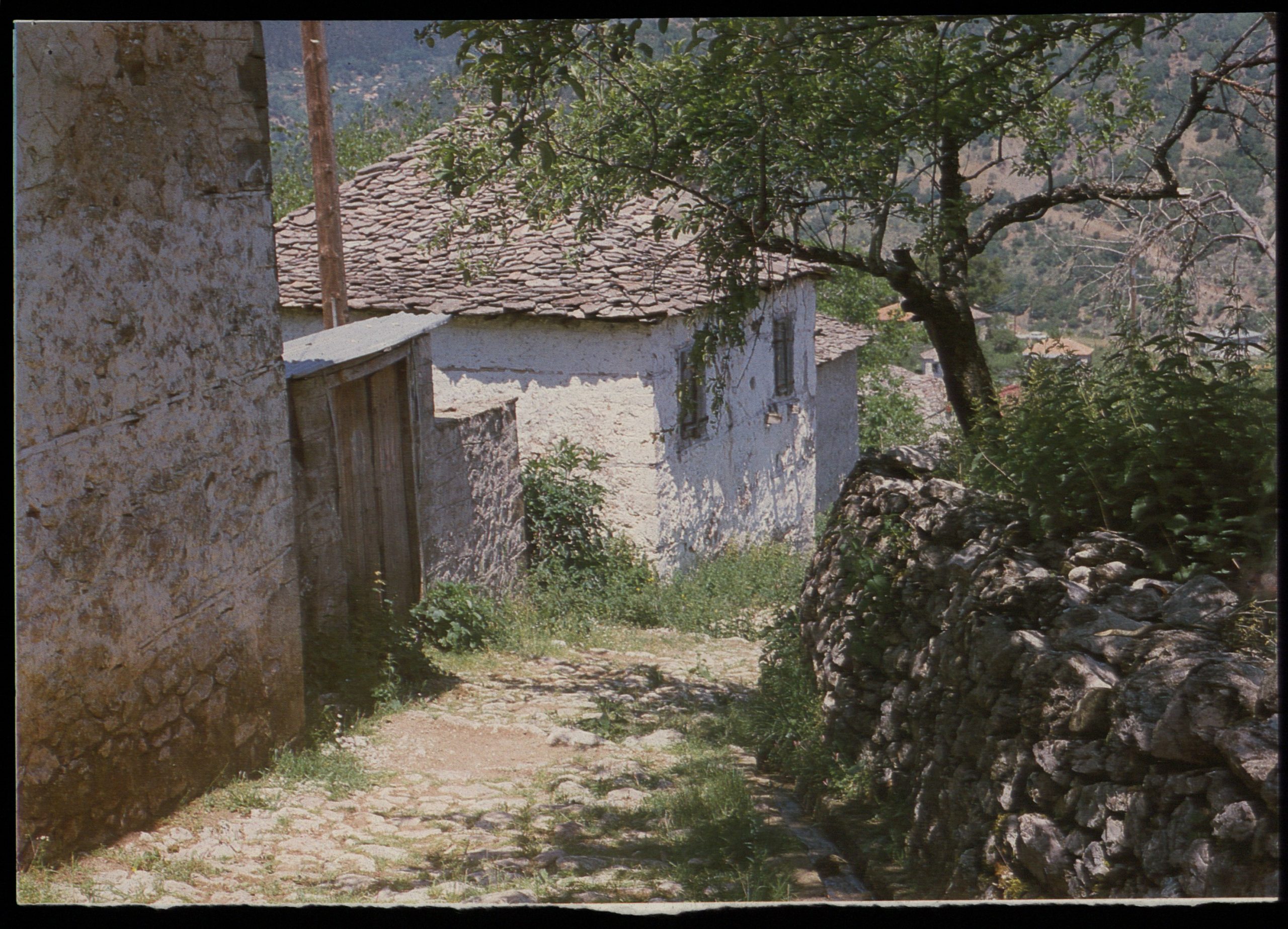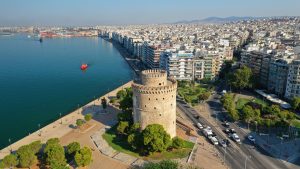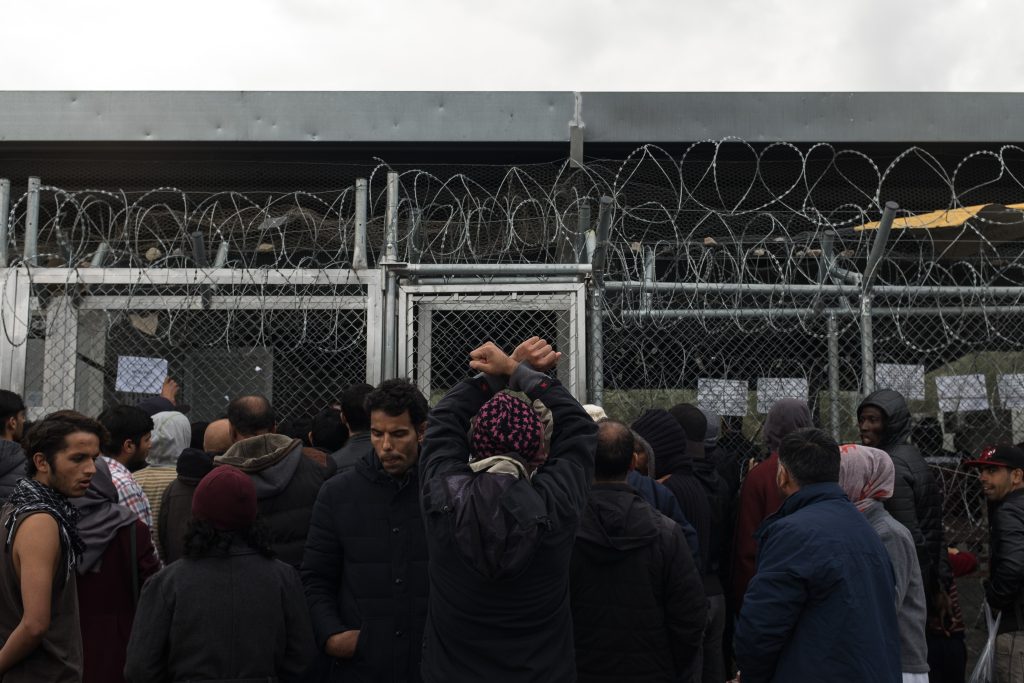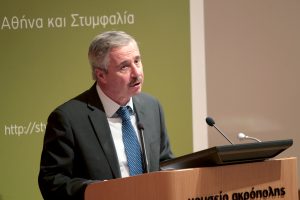Greece received a European Heritage Award (European Heritage Awards/Europa Nostra Awards) from the European Commission and Europa Nostra for the interdisciplinary collective “Boulouki,” which focuses on the study of traditional building materials and techniques.
Boulouki is a versatile collective of architects, engineers and heritage professionals dedicated to revitalizing traditional craftsmanship for contemporary construction needs. Their vision is to promote a renewed building culture in Greece and worldwide, drawing from traditional knowledge and techniques.
Since its establishment in 2018 as a non-profit organization, Boulouki operates on four pillars: education, research, practice and public dialogue. It is the only organization in Greece that develops and implements professional apprenticeships, combining restoration projects with vocational training. They employ an itinerant approach, travelling around Greece, to conduct workshops that draw from, and respond to, the specific characteristics of every place.
The European Heritage Award celebrate and promote the highest standards in heritage interventions, research, and education, training and awareness-raising, as well the longstanding dedication of professionals and volunteers. The achievements recognized throughout the lifespan of the Awards scheme are a testament to the dynamic and vibrant heritage of Europe and of the dedication with which it is celebrated and cared for across the continent.
The Awards are recognized as Europe’s most prestigious honor in the heritage field. As a result, the Awards bring local, national and European visibility and recognition to the winners. And not just to the award-winning projects themselves but also to their countries and local communities!
The project has provided the local community and the regional government with tangible proof of how cultural heritage is a valuable asset. It addressed challenges around conservation, heritage and building practices in the Greek context, namely the limited use of local building materials and techniques, the possibilities to re-introduce them; and the over-development and building sprawl of many Greek islands.






